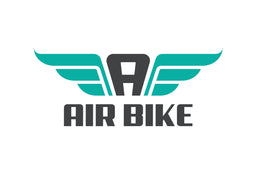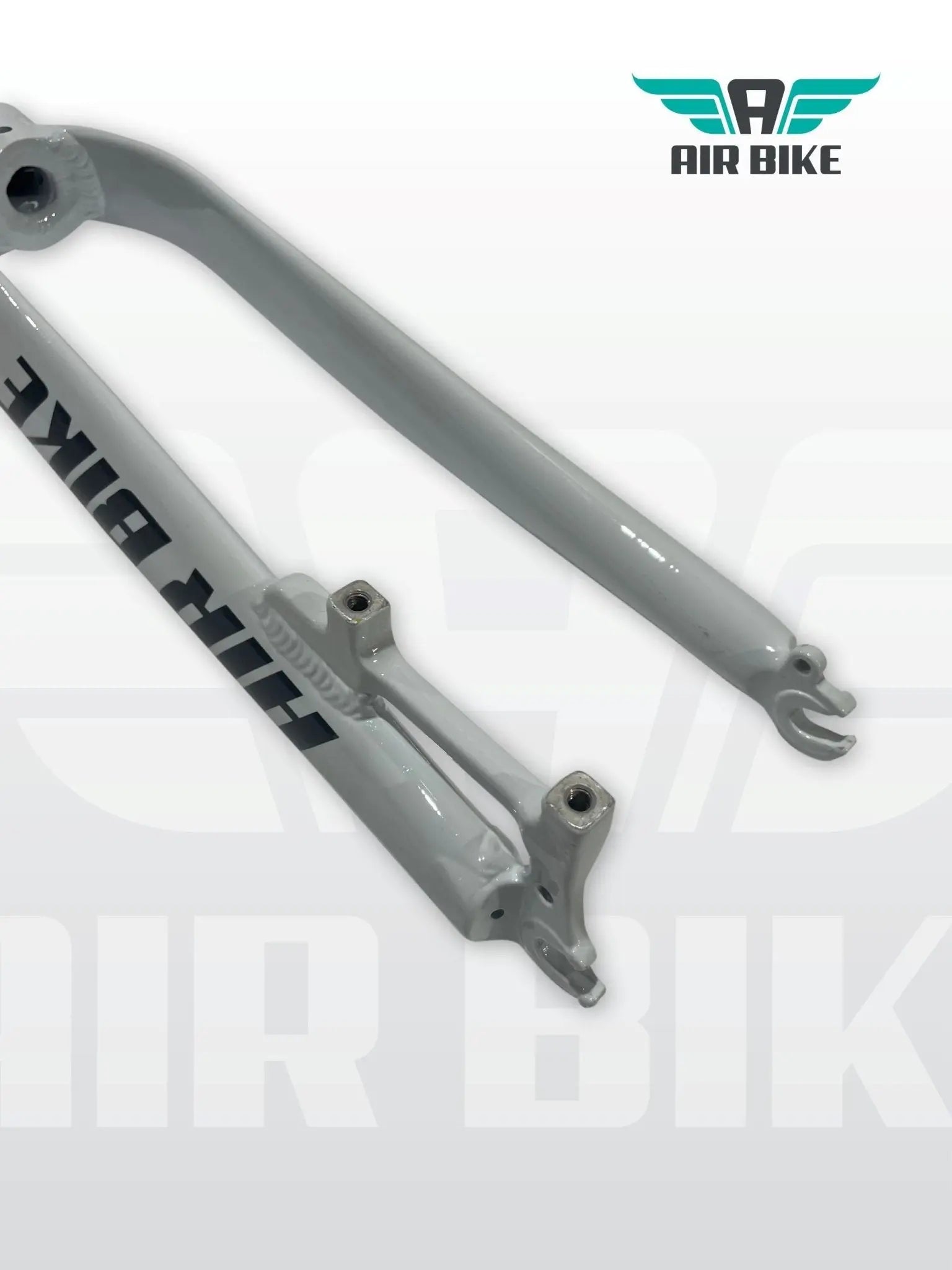Rigid vs. Suspension: Why a Rigid MTB Fork Might Be Your Perfect Match
Mountain bike forks come in two main flavors: rigid and suspension. While suspension forks reign supreme on technical terrain, there's a growing appreciation for the simplicity and efficiency of rigid forks. For riders who prioritize certain aspects of the ride, a rigid fork can be the ideal choice. Let's delve into the key differences and help you decide which fork best suits your riding style.
The Case for Rigid Forks:
-
Lightweight Champion: Rigid forks are significantly lighter than their suspension counterparts. This translates to easier climbing, quicker acceleration, and a more nimble feel on the trail. Every gram counts, and rigid forks shed precious weight for a more responsive ride.
-
Simplicity is Bliss: Rigid forks have a much simpler design with fewer moving parts. This means less maintenance, fewer adjustments to fiddle with, and a lower chance of breakdowns on the trail. For riders who prefer a "set it and forget it" approach, a rigid fork offers peace of mind.
-
Direct Power Transfer: With no suspension to absorb pedal stroke, rigid forks maximize power transfer from your legs to the wheels. This translates to a more connected and efficient ride, especially on smooth terrain and rolling hills. You'll feel the direct response from your every pedal push.
-
Cost-Effective Choice: Rigid forks are generally more affordable than suspension forks. This makes them a great upgrade for budget-conscious riders or those building their first mountain bike. Air Bike, for example, offers high-quality rigid forks at competitive prices.
-
Enhanced Bike Handling: The rigid nature of the fork provides a more predictable feel for the front wheel. This can be advantageous for technical climbs or situations where precise steering is crucial. Riders who enjoy a "connected" feeling to the trail often favor the predictability of a rigid fork.
Are Rigid Forks Right for You?
While rigid forks offer numerous advantages, they're not a one-size-fits-all solution. Consider these factors before making your decision:
-
Terrain: If you primarily ride smooth, well-maintained trails or rolling hills, a rigid fork can excel. For technical descents or rough, rocky terrain, a suspension fork will offer superior comfort and control.
-
Riding Style: Do you prioritize efficient climbing and technical manoeuvres? A rigid fork might be ideal. If you value comfort and control on challenging descents, a suspension fork is the better choice.
-
Personal Preference: Ultimately, some riders simply prefer the simplicity and direct feel of a rigid fork. Experimentation is key! Try both styles to see which best suits your riding style and terrain.
Conclusion:
Rigid forks offer a compelling alternative to suspension forks for riders who prioritize efficiency, simplicity, and cost-effectiveness. If you primarily conquer smooth trails, enjoy technical climbs, or appreciate a more connected ride, a rigid fork can be your perfect match. Explore the options from Air Bike and discover the lightweight performance and direct-to-consumer value of a rigid MTB fork!


